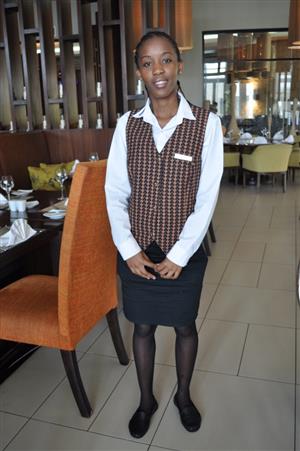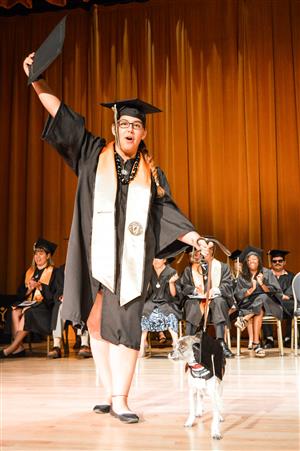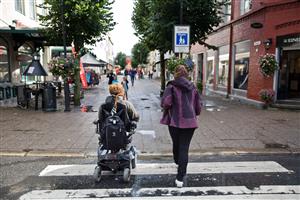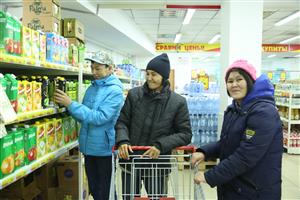Search Results
Search
Filter results:
Advanced Filters
Your search returned 89 Solutions
-

The Living Link: Creating Abilities from Disabilities
To enhance the potential of intellectually disabled adults The Living Link developed a one-year Adult Integration Programme, which consists of teaching essential work readiness and life-skills, providing work training and experience and attending a five-day "Independent Living tour," during which newly learned skills are applied and assessed.
Living Link, South Africa -

A two-year programme with proven success in labour market integration
TIL offers post-secondary education for adults over 18 years with intellectual or developmental disabilities. The two-year programme provides independent living-skills training and work experience to increase participants’ functional, social, and career skills. The graduating class of 2018 contained 23 students, 78 per cent found employment.
Taft College, Transition to Independent Living programme (TIL), United States of America -
MOBILE, an all-round support program
MOBILE is a network of support and assistance for persons with disabilities living out of institutions, including parents. Costs for assisted living are in most cases covered by the regional authorities. In 2015 MOBILE supported 195 people, including 13 families with parents who had intellectual disabilities and their 25 children.
Mobile - Independent Living of Disabled People e.V., Germany -
Strengthening the independent living movement through training and free legal advice
The PROPEDIF programme is made up of three services: Promotion of Rights, Orientation and Judicial Assistance, and the Honduran Independent Living Movement (MOVIH). By the end of 2018, 192 people with disabilities will have received rights training, attended camps on independent living, and have received legal guidance.
PREPACE - Cerebral Palsy Rehabilitation Program, PROPEDIF, Honduras -

Personal assistance is custom-designed
Uloba, Independent Living Norway, is a cross-disability organization that has developed the concept of "personal assistance" based on the Independent Living ideology. Uloba is organized as a cooperative society owned by its members – all disabled. In 2015 Uloba had 1,100 members and 5,700 assistants.
Uloba – Independent Living Norge SA, Norway -
Persons with disabilities employing their assistants
In this employer model councillors who are themselves persons with disabilities accompany and support their peers. All decisions are made by the persons with disabilities. To this end, VbA offers a payroll accounting service, an internet-based platform for assistance, and a travelling service for wheelchair users.
Independent Living e.V. Munich, Germany -

A Home, a Cafe and Employment to Promote Deinstitutionalization
In 2016, the Psychoanalytic Association set up a training café to employ ten people with psychosocial disabilities who had previously lived in closed institutions. As of 2018, the supportive independent living (SIL) programme oversees six group homes, two cafés, and 20 employed beneficiaries, all of whom now live on their own.
Psychoanalytic Association, SIL programme, Kazakhstan -
Preparing people with psychosocial and mental disabilities to live in their own homes
Residents in one of the "Preparation for Independent Living Centres" are provided with personalised professional support, counselling, and training to prepare them for living independently. From 2012 to 2018, 50 people had received support services and 16 had successfully moved on to their own independent lives and accommodations.
Pro ACT Suport Association, Romania -
User-led organization teaching and inspiring others
The SPECTRUM Centre for Independent Living is an established use-led organization (ULO) run by persons with disabilities. It peer-supports the development of new ULOs through the sharing of experiences and information, offering a platform for lessons learned, and providing advice and mentoring.
Spectrum - Centre for Independent Living, United Kingdom -
Introduction of the personal assistance model
In 2016 the Phnom Penh Centre for Independent Living (PPCIL) introduced the first personal assistance model for people with severe disabilities in Cambodia. Between 2016 and 2018, more than 300 people with disabilities have benefitted from the PPCI programme, , which is to become a national policy.
Phnom Penh Center for Independent Living, Cambodia